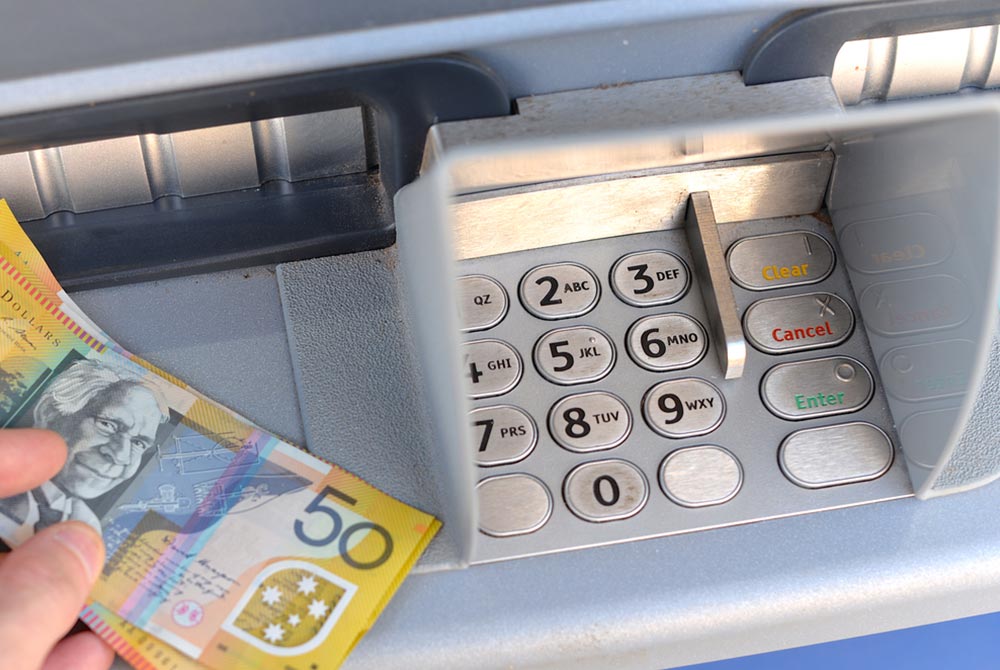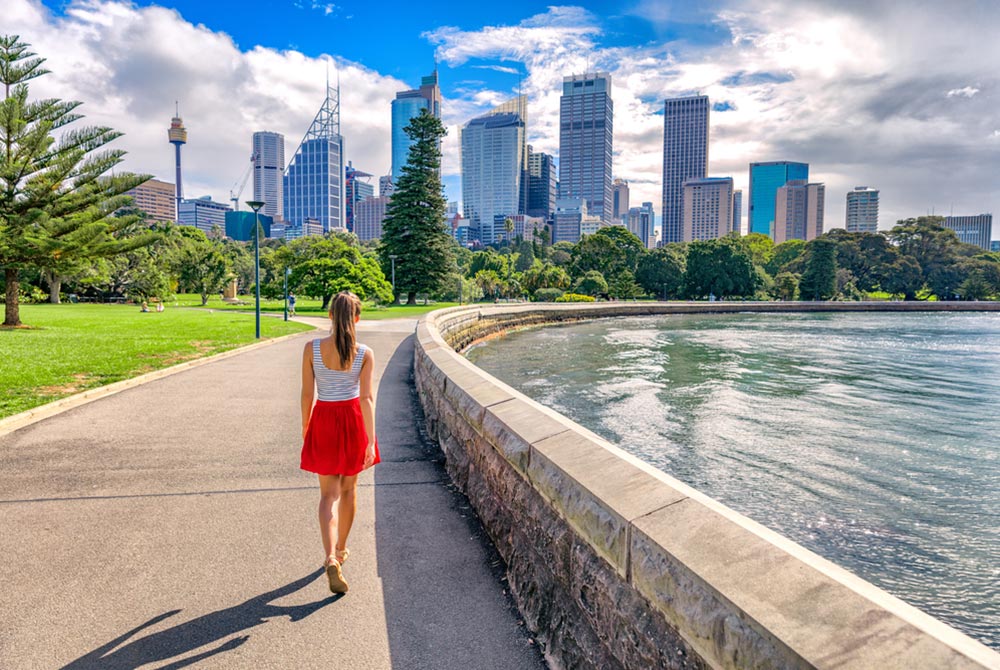Standard of Living
Australia has one of the highest standards of living in the world. Excellent job prospects, a strong economy and world-class financial services make it a desirable place to live and work. With higher standards come better rates of pay, but a higher cost of living. Here’s what you need to know about managing and spending your money in Australia.

How to access your money in Australia
Australia’s national currency is Australian dollars (AUD).
Currency exchange is generally available at banks, major hotels, currency exchange shop fronts and international airports. If you have a job in Australia your employer will pay you in AUD via a bank transfer or less commonly with cash. It’s important you set up an Australian bank account in order to adequately receive, spend and manage your money.
Most shops have EFTPOS so you can pay for purchases with your bank-issued credit or debit card. Debit cards almost never incur a fee from the vendor, but some will charge you for using a credit card. VISA or MasterCard can be used everywhere credit cards are accepted. Cards such as American Express, Bankcard, Diners Club, UnionPay and JCB will also be accepted in many places, but are more likely to attract fees.
Australian Banks
Withdrawing Cash
Cash can be accessed from banks and Automated Teller Machines (ATMs) which are widespread, although facilities may be limited in remote towns and the outback. ATMs can be operated by banks or privates operators. They may charge fees for transactions, particularly if you are withdrawing from an international account. Some shops will allow you to withdraw money, although it may have to be as part of a purchase transaction.
Travellers Cheques

The Cost of Living in Australia
People residing in Australia enjoy a high standard of living and the cost of living reflects this.
The cost of living does vary throughout the country, mostly affected by the price of accommodation. The states’ capital cities will all command higher rental prices than more rural locations, and of the capitals, Sydney is the most expensive. It is not uncommon for a person in Sydney to pay more than double the rent of someone living in Hobart for equivalent accommodation.
This calculator could be a useful tool to help you consider the cost for you to live and study in Australia
Department of Home Affairs Financial requirements
The Department of Home Affairs has financial requirements you must meet in order to receive a student visa for Australia. From 1 February 2018, the Department of Home Affairs expects a student to be able to cover a yearly living cost of $20,290 for an individual, plus $7,100 for a partner or spouse, and an additional $3,040 for a child.
Depending on your location and lifestyle your living cost could be significantly greater, for example, some universities would suggest it would be more realistic to budget $30,000 – $35,000 per year to live in Sydney.
Average cost of student accommodation
Student accommodation in Australia usually takes the form of a shared apartment or a bedroom in a shared house. Below you can see how the average price of student accommodation varies by city, per week, in some of Australia’s most popular cities for students:
- Hobart $124
- Wollongong $132
- Adelaide $148
- Gold Coast $152
- Brisbane $173
- Canberra $197
- Perth $200
- Melbourne $205
- Darwin $208
- Sydney $277
Average cost of everyday items
For an idea of the cost of living in Australia check out the average cost of some regular purchases (which don’t vary too much based on location):
- 1 litre of full-fat cows milk $1.36
- A dozen large eggs $5.96
- 2 litres of Coca-Cola $3.40
- 1 beer in a pub (500ml or 1 pint) $8
- 1kg of potatoes $3.45
- 2 movie tickets $41
- 1 packet of cigarettes $30
- Big Mac burger from McDonald’s $4.94
Tax, bartering and tipping customs
The goods and services tax (GST) is a tax of 10% charged on most goods and services sold or consumed in Australia. Most basic food staples are excluded, and for some purchases over $300, you could be eligible to have the GST component refunded to you.
Generally, Australians do not bargain or barter when making purchases or conducting sales.
There’s no requirement to tip in Australia (in restaurants, bars or any service industry) but it isn’t uncommon for small tips to be left for bar staff or wait staff, especially in more upmarket establishments.
What are you waiting for?

Relocate.
Educate.
Graduate.